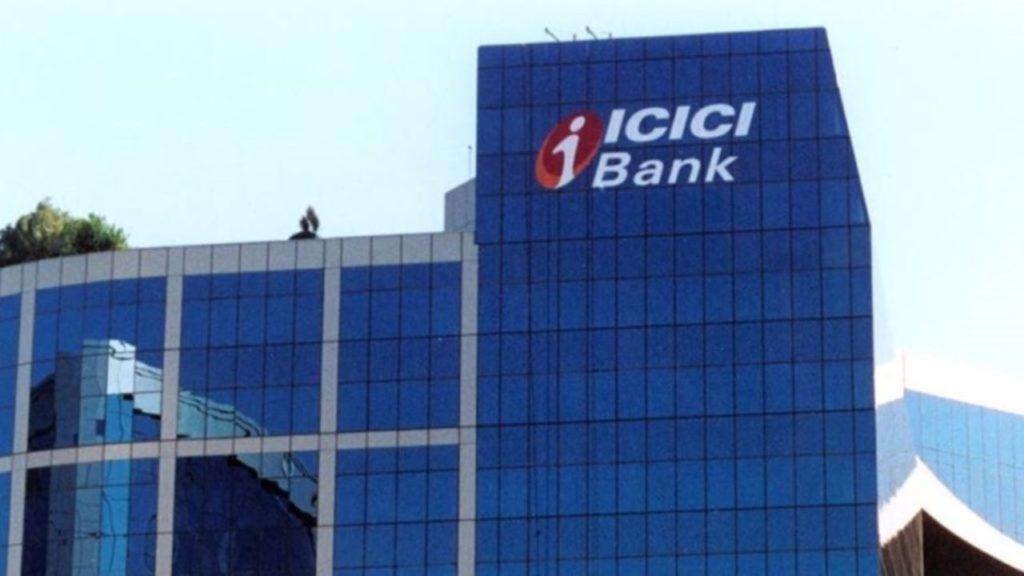ICICI Bank Becomes 7th Indian Company To Breach Rs 6 Trillion Market Cap! How Did This Happen?
With its shares hitting a record high, the ICICI Bank on Thursday joined the elite club of Rs 6 trillion market-cap. ICICI has become the seventh Indian stock to hit such a milestone.

Seventh Indian Company to Hit 6 Trillion M-Cap
With the market-cap of Rs 6.01 trillion, the shares of ICICI Bank hit an all-time high of Rs 866.15 on BSE. In this year, the stock surged nearly 17%. At 1pm, the scrip was trading at Rs 864 on BSE, up 1.8% from its previous close.
In the list of these elite companies comes Reliance Industries, Tata Consultancy Services, HDFC Bank, Infosys and Hindustan Unilever who have already hit this achievement.
After it prices its issue at Rs 949 a share, Life Insurance Corp Of India also hit over Rs6 trillion m-cap also.
The stock continued to report better than expected earnings with improved asset quality and lower provisions and thus remained favorite of investors.
Strong Performance by ICICI
For the quarter ended June 2022, ICICI reported a net profit of Rs 6,905 crore, which is a 50 percent year-on-year growth. This increase can be attributed to the sharp decline in the bad loan provisions.
For the June quarter, net interest income increased by 20.8 percent to Rs 13,210 crore.
Provisions and contingencies fell sharply by 60 percent year-on-year to Rs 1,143.82 crore. With the gross non-performing assets as a percentage of gross advances falling 19 bps sequentially to 3.41 percent, asset quality further improved.
Arihant Capital in a note to investors said that with improving asset quality, robust credit growth, all time high margins and moderating credit cost, ICICI Bank consistently reports strong performance. Speaking of the balance sheet, then with strong provision buffer, the bank remained comfortable.
He said that “We continue to maintain our positive stance on the stock led by its leveraging digital capabilities, gaining market share position, granular liability franchise and improving return ratios”.
With retail expanding 22% yoy driven by mortgages and unsecured book, a strong growth of 32% y/y and 45% y/y in SME and Business Banking book as well as a growth of 14% y/y in the corporate book, the overall loan book expanded 21% yoy.
According to Dolat Analysis and Research, “We build in loan growth of 17% YoY over FY23-24E. Traction the bank’s low cost liabilities has been healthy, with continued improvement in CASA ratio over the last few quarters to 46%”.
Valuing the standalone bank at 2.9x FY24E book, the brokerage firm has maintained buy rating with target price of Rs 1000 (Rs980 earlier).
Out of all the 52 brokers, none has rated sell on the stock. With 51 recommending buying, only one has rated a hold on stock.
As per the brokerage firm JP Morgan, due to its strong position on capital, funding and technology, the bank can transform into a low-risk steady compounder offering steady 16% ROEs. It added that due to sustained strong underwriting quality, the valuations can be in-line with more expensive peers such as HDFC Bank/Kotak Mahindra Bank.

Comments are closed, but trackbacks and pingbacks are open.